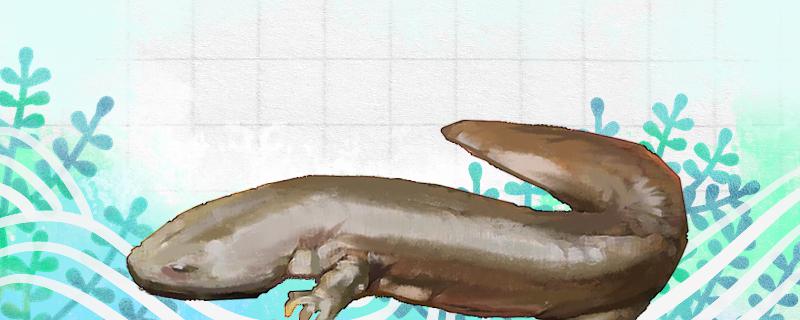
In terms of classification, the giant salamander belongs to the amphibian class. Since they belong to the class Amphibia, they are amphibians. And they also fit most of the characteristics of amphibians. By definition, an amphibian is an animal that lives in the water as a child and on land as an adult. The giant salamander fits this profile.
They spend most of their childhood in the water, breathing through their gills, and when they reach adulthood, they breathe on land. At this point, the respiratory organs become lungs. In addition, the skin of most amphibians can secrete mucus to breathe, and so can the giant salamander. And the body temperature of the giant salamander will change with the outside world, and like other amphibians, it belongs to the poikilotherm.
of giant salamanders? From the way they move, they look like fish and have gills like fish. Fish breathe mainly through gills. And they have more limbs than fish, and they swim in the water through their limbs. Judging from their calls, their calls are very similar to the cries of babies, so they are called giant salamanders. Most of them live in stone crevices in the mountains and hunt at night. From the feeding point of view, they have a very strong hunger tolerance, and it is no problem not to eat in cold water for two or three years.